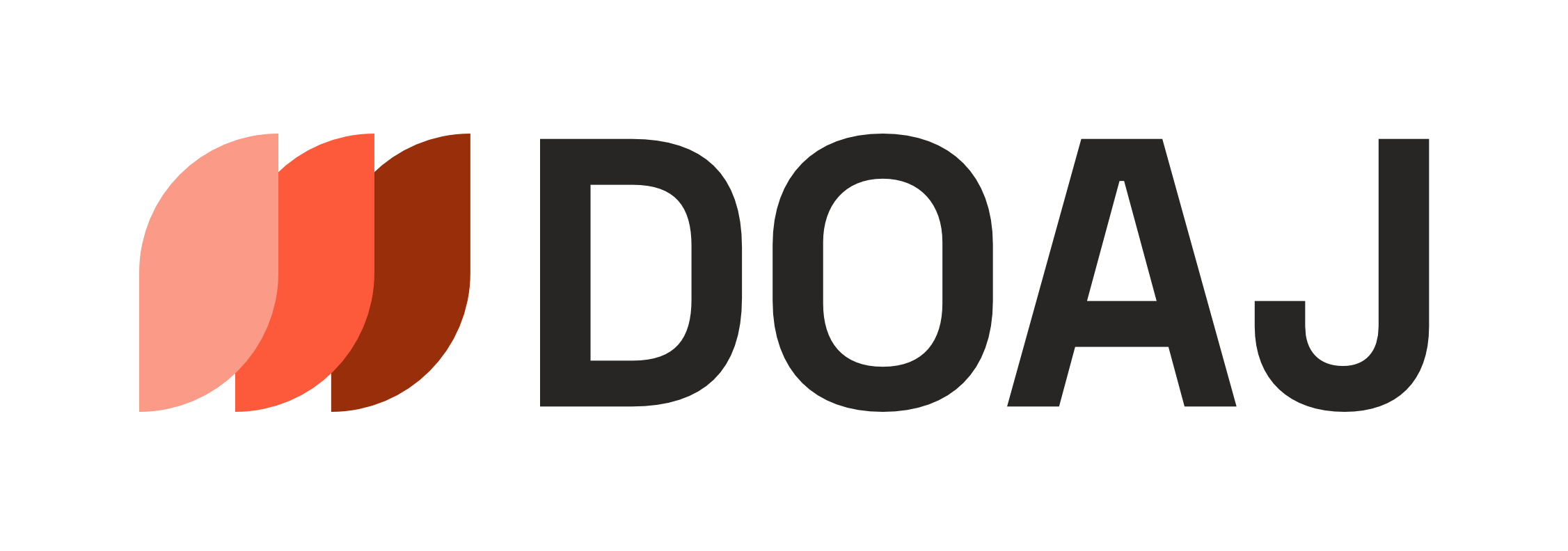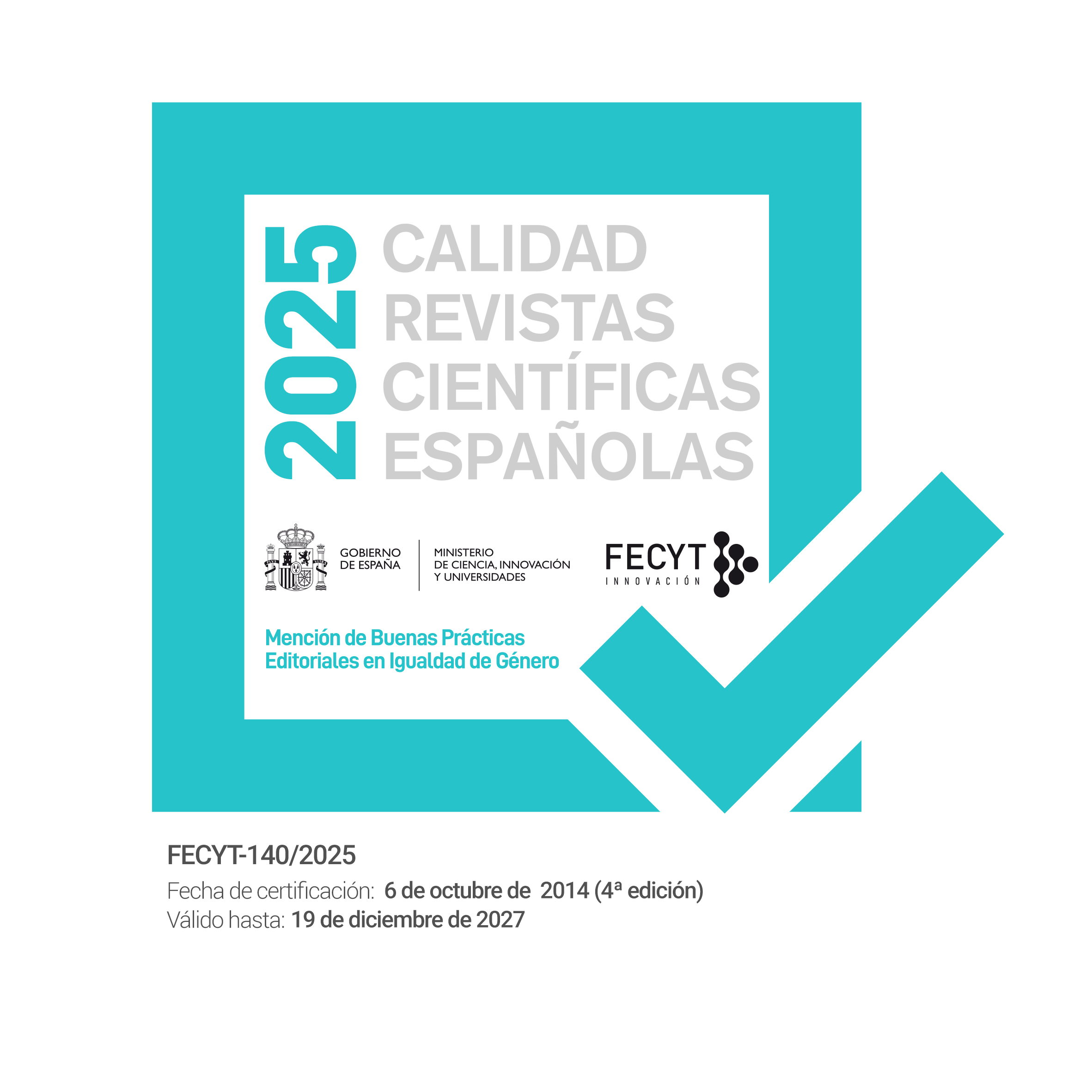The generic competences in the Initial Teacher Training. A comparative study among students, teachers and graduates of university education degree.
DOI:
https://doi.org/10.5944/educxx1.21341Keywords:
Teacher competences, initial teacher training, university, generic competences, assessment.Abstract
The principal objective of this study is to evaluate the level of development of the Generic Competences in the professors, students and graduates of the university Education degrees, using the Teacher Competence Evaluation (TCE) scale. The sample was formed of 1,243 Students, 491 Graduates and 351 Teachers from 23 Spanish universities. This study was carried out as part of the other R&D research project. The statistical analyses employed in order to achieve the objectives of this study were carried out using the following procedure: we first carried out a Conformational Factorial Analysis (CFA) of the TCE scale in order to compare the factorial structure of the instrument used and we went on to calculate the basic descriptive statistical analyses of the items of which the scale is composed. We subsequently carried out a variance analysis (ANOVA) with the objective of analysing the differences among the groups. The results obtained from the group of students and the groups comprising graduates and teaching staff demonstrate that certain competences from the Instrumental Competences, i.e. competence in a foreign language and technological competency, are perceived to be less developed. We noted that there were significant differences in the three groups as regards the questionnaire as a whole. It concludes with the need to encourage the development of these competences in Initial Teacher Training.
Between the instrumental competences, the domination of a second language and technological ability continue to play a very relevant role as regards to guaranteeing a quality education. This study is useful for curricular reform in the European Higher Education’s study plans.
Downloads
References
Arribas, J.M., Manrique, J.C., y Tabernero, B. (2016). Instrumentos de evaluació n utilizados en la formación inicial del profesorado y su coherencia para el desarrollo de competencias profesionales en los estudiantes: visión del alumnado, egresados y profesorado [Evaluation instruments used in initial teacher training and their coherence for the development of professional competences in students: students’ vision, graduates and teachers].
doi: http://dx.doi.org/10.5209/rev_RCED.2016.v27.n1.45724
Bartram, D., & Roe, R. (2005). Definition and assessment of competences in the context of the European Diploma in Psychology. European Psychologist, 10, 93-102. Retrieved from https://goo.gl/AWcwe4
Delors, J. (1996). La educación encierra un tesoro [Education is a treasure]. Madrid: Santillana.
De la Torre, S. y Violant, V. (2006). Comprender y evaluar la creatividad. Cómo investigar y evaluar la creatividad [Understand and evaluate creativity. How to research and evaluate creativity]. Málaga, Spain: Aljibe.
Fallows, S., & Steven, C. (2000). Integrating key skills in higher education; employability, transferable skills and learning for life. London: Kogan Page.
Fernández-Costales, A., & González-Riaño, X.A. (2015). Teacher Satisfaction Concerning the Implementation of Bilingual Programmes in a Spanish University. Porta Linguarum, 23, 93-108.
Fernández-Santander, A., García-García, M.J., Sáez-Pizarro, B., & Terrón-López, M.J. (2012). Development and assessment of key skills in undergraduate students: An actionresearch experience. Higher Learning Research Communications, 2(1), 32-49.
Flora, D.B., & Curran, P.J. (2004). An empirical evaluation of alternative methods of estimation for confirmatory factor analysis with ordinal data. doi: https://dx.doi.org/10.1037%2F1082-989X.9.4.466
García-Sanz, M.P. (2014). La evaluación de competencias en la Educación Superior mediante rúbricas: un caso práctico.
doi: http://dx.doi.org/10.6018/reifop.17.1. 19886
Gairín, J. (2011) Formación de profesores basada en competencias. (Competency-Based Training of teachers). Bordón. Revista de Pedagogía, 63(1), 93-108.
González, J., & Wagenaar, R. (2003). Tuning Educational Structures in Europe I. Final Report. Bilbao: Universidad de Deusto. Retrieved from https://goo.gl/WDHDxN
Hu, L., & Bentler, P.M. (1999). Cutoff criteria for fit indexes in covariance structure analysis: Conventional criteria versus new alternatives.
doi: http://dx.doi.org/10.1080/10705519909540118
Jöreskog, K.G., & Sörbom, D. (1993). LISREL 8: Structural equation modeling with the SIMPLIS command language. Hillsdale, NJ: Lawrence Erlbaum Associates Publishers.
Kember, D. (2009). Promoting studentcentred forms of learning across an entire university. Higher Education, 58, 1-13.
Lahuerta, A.C. (2015). The Written Competence of Spanish Secondary Education Students in Bilingual and Non-Bilingual Programs. Porta Linguarum, 24, 7-61.
Lova, M., Bolarín, M.J., & Porto, M. (2013). Programas bilingües en Educación Primaria: Valoraciones de docentes [Bilingual Programs in Primary Education: valuations of Teachers]. Porta Linguarum, 20, 253-268.
Martínez, L.F., Castejón, F.J., y Santos, M.L. (2012). Diferentes percepciones sobre evaluación formativa entre profesorado y alumnado en formación inicial en educación física [Different perceptions of formative assessment between teachers and students in initial training in physical education]. Revista Electrónica Interuniversitaria de Formación del Profesorado, 15(4), 57-67.
Mérida, R. (2007). Hacia la Convergencia Europea: los proyectos de trabajo en la docencia universitaria [Towards the European Convergence: the projects of work in the university teaching]. Revista Electrónica de Investigación Psicoeducativa 13(5), 825-852.
Muros, B. y Luis-Pascual, J.C. (2012). Aprendizaje, capacidades cognitivas y evaluación formativa en formación inicial del profesorado. Revista de Ciencias de la Educación, 230, 171-182.
OECD [The Organization for Economic Cooperation and Development] (2000). Measuring student Knowledge and Skills: The PISA 2000 assessment of Reading, Mathematical and Scientific Literacy. Retrieved from https://goo.gl/dR1ANX
Perrenoud, P. (2001). The key to social fields: Competencies of an autonomous actor. In D.S. Rychen & L.H. Salganik (eds.). Definition and selection key competencies, (pp. 121-149) Germany: Hogrefe & Huber.
Porto, M. (2008). Evaluación para la competencia creativa en la educación universitaria [Evaluation for creative competence in university education] Cuadernos Facultad de Humanidades y Ciencias Sociales, 35. Retrieved from https://goo.gl/zYy8D6
Pozo, J.I., y Monereo, C. (2001). ¿En qué siglo vive la escuela? El reto de la nueva cultura educativa [In which century does the school live? The challenge of the new educational culture]. Cuadernos de Pedagogía, 298, 50-55.
Ramos, F. (2007). Programas bilingües y formación de profesores en Andalucía [Bilingual programs and teacher training in Andalusia]. Revista Iberoamericana de Educación, 44, 133-146.
REFLEX [The Flexible Professional in the Knowledge Society] (2000). Higher Education as a Generator of Strategic Competences. Retrieved from https://goo.gl/kEjfTS
Rodríguez Esteban, A. y Vieira M.J. (2009). La formación en competencias en la universidad: un estudio empírico sobre su tipología [Skills training at the university: an empirical study on its typology]. Revista de Investigación Educativa, 27(1), 27-47.
Rodríguez Esteban, A. (2007). Las competencias en el Espacio Europeo de Educación Superior: Tipologías [Competences in the European Higher Education Area: Typologies]. Humanismo y Trabajo Social, 6, 83-91.
Rubio, F.D., y Hermosín, M.J. (2010). Implantación de un programa de plurilingüismo en el espacio europeo de educación superior: Análisis de contexto y detección de necesidades [Implementation of a multilingualism program in the European Higher Education Space: Context analysis and detection of needs]. Revista de Educación, 12, 107-128.
Ruíz-Gallardo, J.R., Ruíz, E., y Ureña, N. (2013). La evaluación en la Formación Inicial del Profesorado: Qué creemos hacer y qué perciben los alumnos [Evaluation in the Initial Teacher Training: What we believe to do and what the students perceive].
doi: http://dx.doi.org/10.12800/ccd.v8i22.220
Sánchez-Elvira, A., López-González, M.A., y Fernández-Sánchez, M. V. (2010). Análisis de las competencias genéricas en los nuevos títulos de grado del EEES en las universidades españolas [Analysis of the generic competences in the new degrees of degree of the ESEA in the Spanish universities]. Revista de Docencia Universitaria, 8(1), 35-73.
Solanes, A., Núñez, R., y Rodríguez J. (2008). Elaboración de un cuestionario para la evaluación de competencias genéricas en estudiantes universitarios [Elaboration of a questionnaire for the evaluation of generic competences in university students]. Apuntes de Psicología, 26(1), 35-49.
Soler, M.I. (2003). Creatividad en el ámbito universitario: la experiencia de Chile [Creativity in the university field: the experience of Chile]. Creatividad y Sociedad, 3, 39-45.
Travé, G. (2013). Un estudio sobre las representaciones del profesorado de Educació n Primaria acerca de la enseñ anza bilingü e [A Study of Primary School Teachers’ Representations Regarding Bilingual Teaching]. doi: 10.4438/1988-592XRE-2011-361-149
Tejada, J. (2009). Competencias docentes [Teaching competences]. Profesorado. Revista de Curriculum y Formación del profesorado, 13(2), 1-15.
UNESCO [United Nations Organization for Education, Science and Culture] (2012) Los jóvenes y las competencias: trabajar con la educación [Youth and skills: work with education]. Luxembourg: UNESCO. Retrieved from https://goo.gl/vYMUqF
UNESCO [United Nations Organization for Education, Science and Culture] (2011). La UNESCO y la Educación «Toda persona tiene derecho a la educación» [UNESCO and Education «Everyone has the right to education»]. Retrieved from https://goo.gl/ngfS2Q
Vargas, F., Casanova, F., y Montanero, L. (2001). El enfoque de competencia laboral: manual de formación [The labor competency approach: training manual]. Montevideo, Uruguay: Cinterfor.
Villa, A., y Poblete, M. (2011). Evaluación de competencias genéricas: principios, oportunidades y limitaciones [Evaluation of generic competences: principles, opportunities and limitations]. Revista Bordón. Revista de Pedagogía, 63 (1), 147-170.
Westera, W. (2001). Competences in education: A confusion of tongues. doi: http://dx.doi.org/10.1080/00220270120625
Zabala, A., y Arnau, L. (2008). Once ideas clave. Cómo aprender y enseñar competencias [Eleven key ideas. How to learn and teach skills]. Barcelona: Graó.
Zabalza, M.A. (2011). Evaluación de los planes de formación docente de las universidades [Evaluation of teacher training plans of universities].
Published
How to Cite
Issue
Section
License
Copyright (c) 2018 Educación XX1

This work is licensed under a Creative Commons Attribution-NonCommercial 4.0 International License.
Educación XX1 is published under a Creative Commons Attribution-NonCommercial 4.0 (CC BY-NC 4.0)










